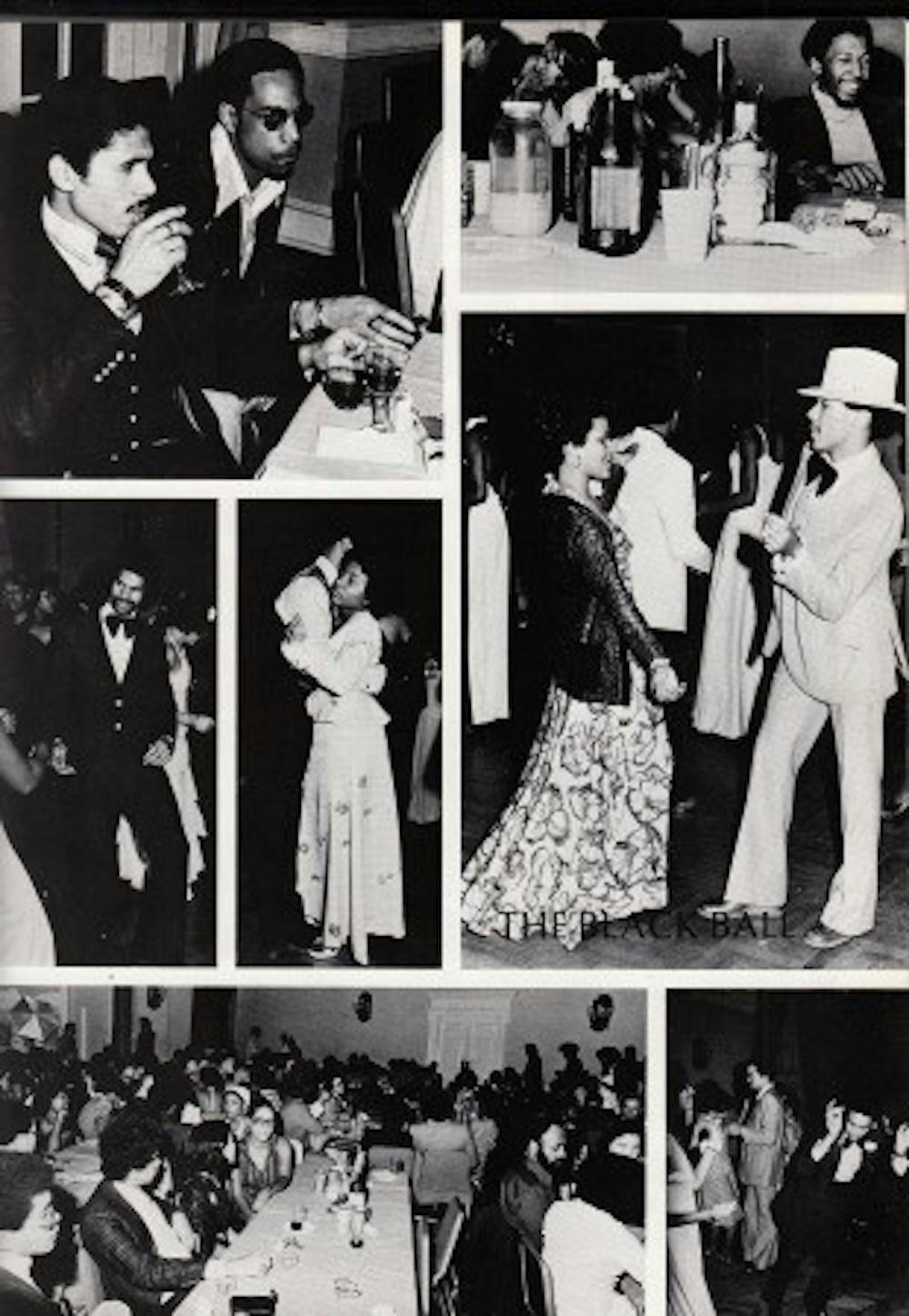The Black Student Alliance kicks off Black Culture Week Monday. The annual series of events seeks to enhance and engage black culture through forums, lectures and poetry readings.
Established primarily by the Black Students for Freedom, predecessor to the BSA, and Joseph Washington, chair of the African American Studies Department, Black Culture Week has been a University tradition since 1970 — just a few years after the passage of the Civil Rights Act allowed black students to enroll in the University for the first time.
History Prof. Claudrena Harold, who taught a course last spring on the history of African American students at the University in the post-Civil Rights era, said the culture week was partly inspired by a desire to connect to the Black Power Movement and the Black Arts Movement.
“Black Culture Week was a way to ensure that there would be cultural programming for [black students] and there would be a way in which they could showcase the marvelousness of African American culture,” Harold said. “Black Culture Week was about African Americans taking their place at the University and wanting to ensure that their presence would transform the social and intellectual landscape.”
The first event, The Food Migration, will start 6 p.m. and will feature traditional Ethiopian, Caribbean, West African and South African cuisines.
“[Black Culture Week] was predicated on the idea that African Americans had something to teach the University community and the larger world,” Harold said.
The week also includes a presentation of Gordon Park’s photography by Prof. John Mason at the Fralin Museum of Art Tuesday, a panel on “The State of Black Politics in Our Contemporary Moment” Wednesday, and a keynote lecture by North Carolina State University Prof. Blair Kelley titled “Between Barack Obama and Michael Brown: African American History at the Crossroads” Thursday.
BSA President Joy Omenyi, a fourth-year College student, said the BSA aims to create a variety of events to appeal to the University community at large. Omenyi said she looks forward to hearing Emory Professor Andra Gillespie, a member of Wednesday’s panel, and Kelley speak. Both are University alumni who studied African American and African Studies.
The African American Studies Program began a few years prior to the creation of Black Culture Week. Omenyi, an African American and African Studies major, views it as a point of pride that both programs are thriving at the University today.
“It’s a testament to how far black life at the University has come; the fact that we’re able to bring alumni back 20 years later and say that we still have Black Culture Week and Black Culture Week is alive and thriving,” Omenyi said.
Sponsors of this week’s events include the University Programs Council, Student Council, the Fralin Museum of Art, the Institute of the Humanities and Global Cultures, and the Center for Politics, among others.
“The number of sponsors we got … is just truly remarkable,” Omenyi said.
Harold said sponsorship and support from the University was and continues to be extremely necessary to attract speakers to come to Grounds. In the 1970s, Black Students for Freedom hosted icons such as Nikki Giovanni, Harold Cruse, Arna Bontemps, Ossie Davis and Julian Bond.
“I’m very proud of the current BSA leadership, the current BSA executive council for continuing this tradition,” Harold said. “One of the beautiful things about this is it started in 1970 and it’s never missed a year. It’s remarkable that a student organization can maintain a tradition for this long.”
The week will culminate with a poetry slam featuring Virginia Commonwealth University’s award-winning Slam Nahuatl Spoken Word Team Friday at 9 p.m. in Ern Commons.
“Taking a week out and sitting down and just celebrating [black culture], expanding it to the rest of the University, gives a chance for everyone to really engage in it,” Omenyi said.







